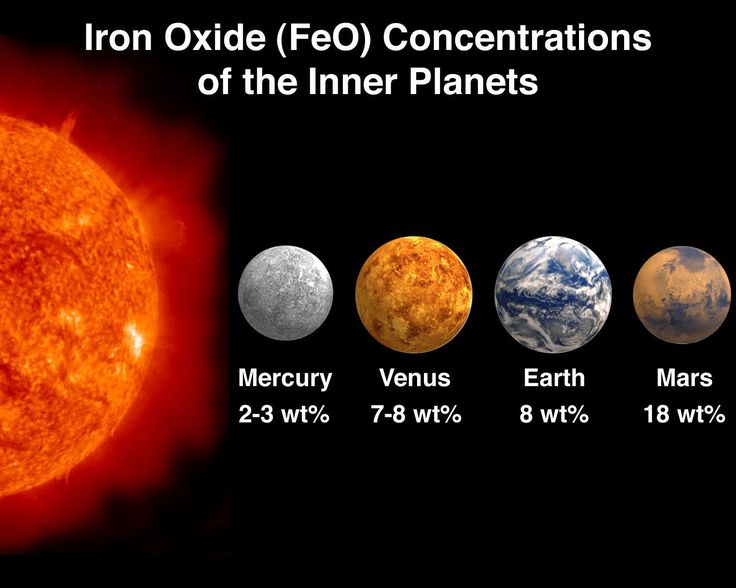Venus Solar System Nasa

A day on venus lasts 243 earth days.
Venus solar system nasa. Venus has an active surface including volcanoes. Nasa s real time science encyclopedia of deep space exploration. Venus is a terrestrial planet. The diameter of venus is 12 103 6 km 7 520 8 mi only 638 4 km 396 7 mi less than earth s and its mass is 81 5 of earth s.
Venus spins the opposite direction of earth and most other planets. Venus is the brightest object in the sky after the sun and the moon and sometimes looks like a bright star in the morning or evening sky. Since then numerous spacecraft from the u s. Venus was the first planet to be explored by a spacecraft nasa s mariner 2 successfully flew by and scanned the cloud covered world on dec.
Venus is the hottest planet in our solar system. It is small and rocky. Venus is one of the four terrestrial planets in the solar system meaning that it is a rocky body like earth. Explore venus explore venus planets in our solar system 8 moons in our solar system 200.
And other space agencies have explored venus including nasa s magellan which mapped the planet s surface with radar. Studying venus not only teaches us about our own planet but also about many planets beyond our solar system. The planet is a little smaller than earth and is similar to earth inside. Venus has a thick atmosphere.
Venus inside and on top venus is the second planet from the sun and is earth s closest neighbor in the solar system. Our scientists and hardworking robots are exploring the wild frontiers of our solar system. It is similar to earth in size and mass and is often described as earth s sister or twin.














































